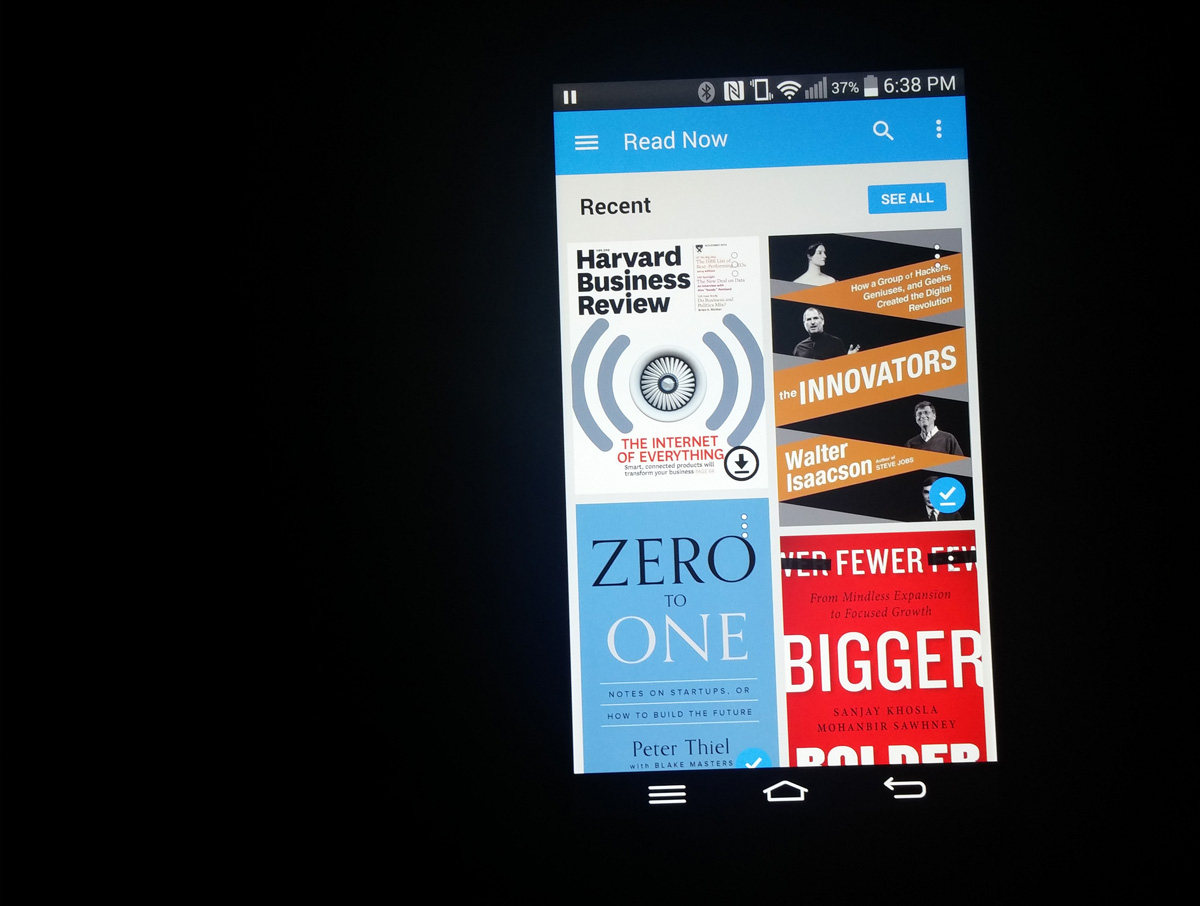More than just a device by which we make calls, today’s phones are portable computers that we carry around with us wherever we go. And what a portable computer it is. The processing power of devices by which we hurl Angry Birds to space is more than that of the system that brought man to the moon.
Yes, we still use phones to make calls but this is the least of the things we do with the device. The IBM Mobile First blog, for example, listed earlier this year 99 devices and services that have been replaced by mobile phones, running the gamut from landlines, to cameras, flashlights, to business productivity tools. US consumers, for example, now spend more time on mobile devices than watching TV, according to Yahoo-owned mobile analytics company Flurry. That’s also the case in the Philippines, according to the “Ad Reaction 2014: Marketing in a multiscreen world” study by Millward Brown.
For many people, phones have become the primary computing device. Certain tasks lend themselves well to the phone. The smaller screen is more than made up for by the device’s portability, accessibility and increased functionality brought by things like location data. Here are tasks that are better done on mobile:
Email. Phones are great for email triage and quickly going through messages. Apps like Mailbox allow you to swipe your way to Inbox Zero, that fleeting state of having no messages to deal with. With Mailbox, you can short swipe right to mark a message as read and archive it, long swipe to delete it, short swipe left to snooze the message and designate a later date or time for delivery and long swipe left to add it to a list.
Inbox by Google is also another good re-imagining of email for mobile that takes advantage of its algorithms to sort messages into bundles.

READING ON MOBILE. With apps and platforms like Google Play Books, reading is better on mobile devices.
Reading. It’s so much easier to read on a phone or tablet than on a laptop or desktop, no question about that. With the Kindle app, Google Play Books or iBooks, you can have your whole library with you wherever you go. Waiting in line or for someone is made more bearable when you can easily open your library and read a book. Tools like Pocket allow you to quickly skim through the daily torrent of links and things to pore over and designate articles to read later.
News. I have not only transitioned from analog to digital when it comes to news, I have migrated to mobile. Keeping up with news is so much better on the phone. For one, it’s always with you and when something breaks, you can immediately be alerted. I still marvel at the idea that we are now alerted on breaking news events at the same time as newsrooms through apps and services like Breaking News and any of the wire services like the Associated Press. Apps like Flipboard, Zite or Feedly give you the ability to monitor hundreds or even thousands of websites and tap social networks to filter the stories and tailor these to your interests. It is at its nascent stage but in the future, news will be location-based and the phone will be the first platform for its delivery.
To-do. Keeping up with tasks is best done on the phone. Tools like Any.do or Trello allow users to list things to do and designate reminders based on time or, in Any.do’s case, location. If you follow the Pomodoro technique to focus on tasks and make sure you get regular breaks (hey, sitting is apparently killing us), there are several free apps for use in the phone.
Audio. Fewer people carry around a stand-alone music player. Check out the people wearing earphones and headsets and often these are attached to their phones. Why carry around another device when you can listen to songs or podcasts on your phone? In fact, industry insiders see another Golden Age for audio journalism with this massive shift to mobile. With a phone, you can listen to “radio” shows like those of NPR wherever you are. And with cars starting to become connected to the Internet or with accessories that allow you to link your phone to the car’s audio system, you have an expanded choice of shows to listen to in your daily drive. A tip, subscribe to the gripping Serial podcast by the producers of This American Life.
Notes. With apps like Evernote and Google Keep, your phone or tablet becomes a portable note taking and archiving device. Although I still write notes on paper notebooks, it is mostly a personal fetish and an incapacity for keeping up with interviewees when typing, whether on a laptop or tablet. I used to swear by Evernote but the recent updates of Google Keep makes it an even better note-taking app. You can use the app to set time- or location-based reminders. A recent update now allows you to share notes with contacts. A pity it’s only available on Android.
The post Better on mobile appeared first on Leon Kilat : The Tech Experiments.